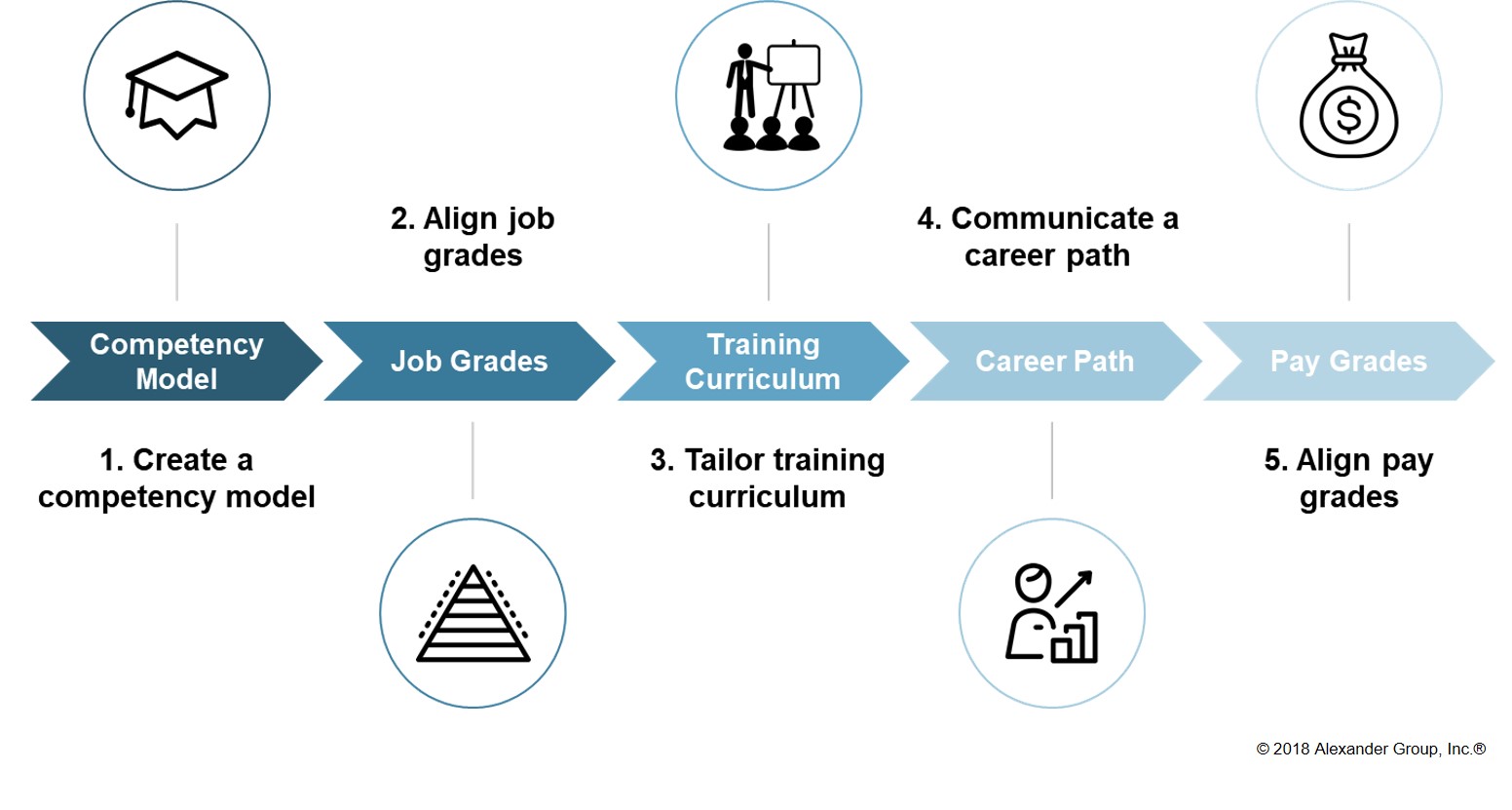Rethink Your Account Management Organization

High account turnover. Declining account retention. Overly expensive/underperforming retention resources. These factors are driving the transformation of the account manager (AM) role at health insurance companies. To compete in today’s highly competitive health care ecosystem, revenue leaders are looking for a new breed of AM. The reactive, service-oriented, order-taking account manager is giving way to a proactive, consultative, value-selling AM. If your company’s retention needs have evolved but your AM roles have not kept pace, it’s time to reevaluate your account management organization.
Does your health insurance AM organization include any of the following characteristics? If so, a thorough review is essential.
- Order takers
- Service-oriented
- Office-bound
- Broker-reliant
- Reactive instead of proactive
The Alexander Group works with clients to solve the issue of reactive AMs. Carriers’ retention needs may evolve, but the AM role does not. Traditional AMs excel at customer service and complex, back-office tasks; however, they tend to execute renewals through their broker and over-rely on them to drive group relationships. But with today’s thin margins and high group turnover, AMs need to step up to meet carriers’ new needs.
Carriers are looking for a different breed of AM–a salesperson cloaked in account manager clothing. This new breed of AM is consultative, is comfortable in sales meetings and spends significant face time with groups and brokers in the field. The new AM knows how to utilize account service reps and support resources to handle time-consuming servicing issues. Today’s transformed AMs have deep product and industry knowledge and can sell on value instead of price. That’s right–sell: upsell ancillary products, sell the value of and drive adoption of wellness programs, as well as sell the value of the carrier to stave off competition.
Use the following guidelines to ensure you’re getting the production and results from your AM organization:
Competencies & Skills
Define the desired competencies and skills for account managers. Create a competency model and use it as a tool to assess AMs’ skill gaps and development areas. Create levels for each competency and align competency levels to job grades.
This provides managers a way to assess their current AMs, outline expectations and hold individuals accountable to the desired behaviors.
Training & Development
Create a training curriculum that targets specific skills and development areas from the competency model. Vary trainings to the competency level and job grade to target development areas that are specific to each AM.
Move away from one-size-fits-all training and focus on the highest priority skill gaps. Better yet, use top-performing AMs to train and coach lower-level and under-performing AMs. See Figure 1 for how the competency model flows into job grades, training, career path and pay grades.
Figure 1
Understand how AMs are spending their time. Ensure they focus on the right activities. Shift low-value activities, such as customer service, to other resources.
Some AMs tend to hyper-focus on service issues. Instead, help them understand where to re-focus their time. Then create better processes to alleviate the time-consuming service tasks.
Roles & Responsibilities
Look into the roles that AMs work with: sales executives, support resources, back-office departments. Identify gaps in the responsibilities of each role to ensure the handoffs are working efficiently. Clarify and correct any pain points with the rules of engagement. Define and communicate the expected job responsibilities by role.
Everyone has a job and needs to do their job. Look for areas where tasks are “dumped on” AMs; then find out where the delineation of responsibilities should be, communicate those responsibilities and enforce them!
Enable your account management organization with a competency model to establish expectations. Then design the training curriculum to support it. With skill sets and capacity determined, traditional AMs can transition into consultative and trusted advisor account managers. Productivity will increase as they spend more time developing deep client and broker relationships which can lead to better group stickiness.
If your AM organization feels traditional, reactive and service-oriented, the Alexander Group can help review your account management organization and evolve your company’s AM roles.
Contact an Alexander Group Health Insurance expert today.
